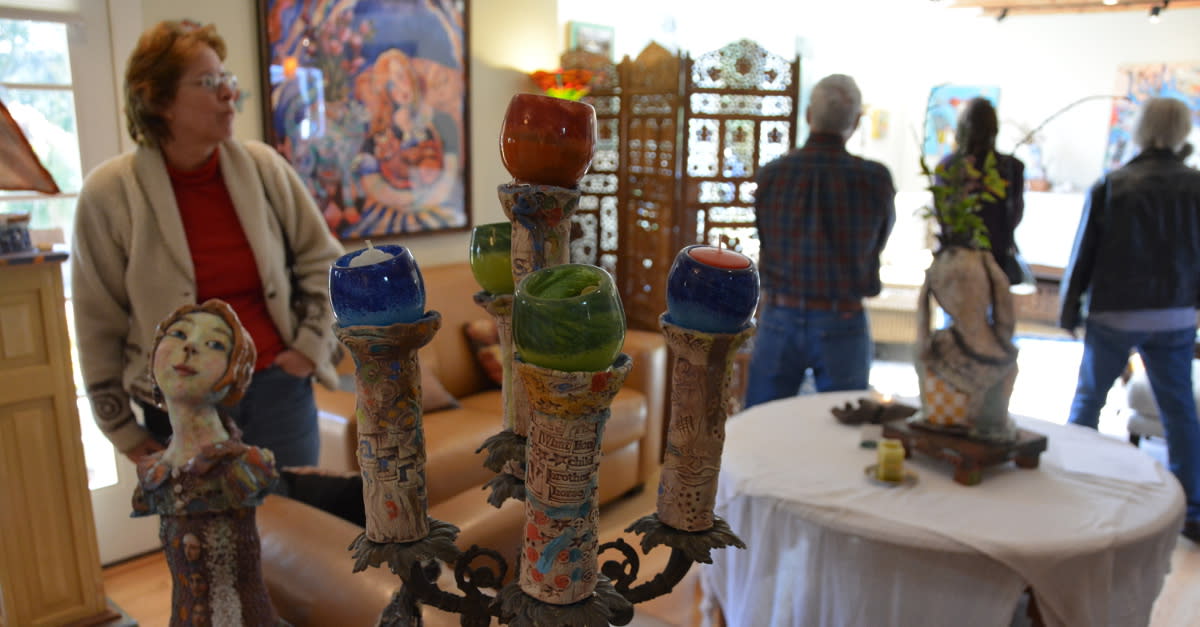Sean Wang’s Didi is a coming-of-age story set at the dawn of social media’s ubiquity in our lives. But the film isn’t an exercise in nostalgia for the late 2000s.
Whether you’re a teenager now or ages ago (like me), you can relate to how the title character strives to be cool, doesn’t know what to do when she’s considered cool, and then realizes that being cool is just something others associate with you. “Be true to yourself,” to quote a better author. This is a thoughtful and sometimes funny film.
Didi is a family nickname for Chris Wang (Izaac Wang), who lives in Southern California in 2008 with his mother (Joan Chen), grandmother (Zhang Li Hua), and sister (Shirley Chen). The house is full of women, as his father works abroad. Chris’s confusion about girls – what they want and what they like – is not helped by the tensions he witnesses between these women at different stages of their lives.
However, one suspects that even if Chris were around his father, he wouldn’t know how to ask for advice or whether his dad would give him an honest answer.
He’s an awkward boy trying to understand the slang being passed around on AOL Instant Messenger and Facebook. It can be funny to see how primitive social media was back then, but it’s also a cause for fear. Adults can barely handle social media – how is this young boy supposed to deal with its complications and pitfalls?
Being a child has never been harder than it is today, with everything being shared online. Children today have many worries. But perhaps they are no worse off than children like Chris, who had no other frame of reference for how to behave in this new “social environment” when everything was new and the dangers unknown.
There’s a girl named Madi (Mahaela Park), and they develop a crush on each other. Despite all the talk his friends give about their experiences, Chris can barely stand a harmless moment of physical affection. When she tries to hit on him online, the reaction is devastating.
Chris also meets a group of skateboarders who need someone to film their moves for YouTube. Chris fakes his skills until he makes it. Here, “Didi” becomes a roman à clefif there is such a term for films. Yes, the young man you see here grew up and made the very film you just saw!
Even establishing himself as a filmmaker causes social confusion and frustration for Chris. One might ask if watching a film about characters suffering from the uncomfortable feelings of puberty is worth the pain. One might argue: yes.
One of the reasons we watch films is to see something on screen that is similar to our own experiences. When we see a character going through something familiar, it’s clear that we’re not alone. If the audience then responds in the same way we do, perhaps a collective understanding can emerge right in the cinema.
That’s one reason coming-of-age stories resonate so well, even for the characters in the film. There’s a moment in Didi where a group of kids are watching Superbad. It’s funny to imagine that film in the stew of American nostalgia, but hey, time is a straight line. It’s a reminder of the popularity of that film and its continued existence today.
You might remember Superbad for the sex jokes and the profanity. But it goes deeper: It’s a story about how friends can become dependent on each other; about the pain of moving away just when you’re starting to figure things out.
I don’t know if kids still watch Superbad. I was definitely not a kid when it came out, but I still saw myself in the weird, strange guys at the center of the movie. I feel the same way about Didi. If they’re old enough, Didi would work for a younger audience today.
Wang also explores the intergenerational dynamics in Chris’ home. You often see this in films about Asian youth, and you can almost predict the tensions as they build throughout the script. “You don’t understand me. I’ll never do what you want me to do.” You’ve heard this before.
These classics work here because the actors know what they are doing. Joan Chen is one of the actresses I haven’t seen in a long time. Hollywood should change that.
Although the film is barely 90 minutes long, Didi takes its time and lets you absorb the characters. It may be embarrassing at times, but it’s definitely worth seeing. It opens this weekend at Ragtag Cinema.
James Owen is the Tribune’s film columnist. In real life, he is a lawyer and executive director of the energy policy group Renew Missouri. A graduate of Drury University and the University of Kansas, he founded Filmsnobs.com, where he co-hosts a podcast. He was a longtime on-air film critic on KY3, the NBC affiliate in Springfield, and is now a regular guest on Columbia radio station KFRU.




